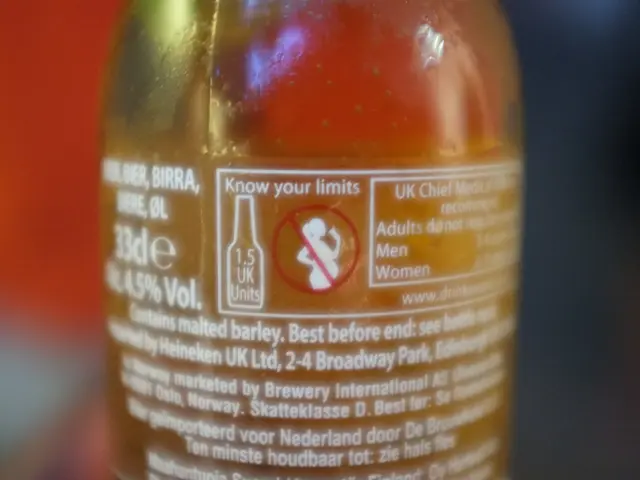Judgment Issued in Spanish Livestock Pollution Lawsuit
In a groundbreaking decision, the High Court of Justice of Galicia, Spain, has ruled against regional and state public authorities for failing to manage excessive pollution caused by intensive pig and poultry farms in the A Limia region. This ruling, a significant legal precedent, marks the first instance in Europe where a court has formally acknowledged the human rights implications of pollution caused by industrial-scale livestock farming.
The court found that approximately 20,000 residents had their fundamental right to live in a healthy environment violated due to pollution from nitrates and other chemical contaminants seeping into groundwater and water reservoirs, particularly affecting the As Conchas water reservoir area. The ruling condemned the Xunta de Galicia (regional government) and the Miño-Sil Hydrographic Confederation (the local water monitoring authority) for neglecting their legal duties to prevent environmental degradation and ensure safe drinking water.
The decision requires immediate corrective actions to eliminate odours and clean up the polluted water sources. It establishes that environmental protection and human health rights are deeply interconnected under both Spanish and European law. Supported by environmental groups such as ClientEarth and Friends of the Earth Spain, this ruling paves the way for other affected communities across Europe to seek legal redress against authorities failing to control agricultural pollution.
The case was brought by a group of individuals, a neighbourhood association, and a consumer federation, supported by environmental charities ClientEarth and Friends of the Earth Spain. The defendants, Minho-Sil Hydrographic Confederation, have been ordered to pay compensation of EUR 1,000 per month from the date of the filing of the claim, capped at EUR 30,000 for six individual claimants and EUR 6,000 for a non-resident claimant.
The court dismissed the claim against the five town councils but held that the "inactivity" of the Xunta de Galicia and the Minho-Sil Hydrographic Confederation in dealing with the rising pollution levels constituted a violation of Article 45 of the Spanish Constitution, which sets out the human right to a healthy environment.
This ruling reflects a broader trend of courts being increasingly willing to accept human rights-based arguments and affirm the legal obligation on public authorities to act to protect individuals' fundamental rights. The Galicia court ruling represents a pivotal development in European environmental jurisprudence, holding public authorities accountable for managing macro-farm pollution and safeguarding residents’ rights to a healthy environment.
The case draws on scientific evidence revealing the presence of antibiotic-resistant superbugs and high levels of nitrates in the water, echoing concerns across Europe about environmental pollution linked to industrial agriculture. The ruling’s impact could influence future policies and judicial decisions regarding environmental accountability across the continent, underscoring the need for sustainable farming practices and stricter enforcement of environmental regulations to protect public health and ecosystems.
This development follows the Netherlands' Supreme Court upholding a 2018 Court of Appeal decision in the case of Urgenda Foundation v State of the Netherlands, confirming that the state has a duty of care to protect citizens from climate change under the European Convention on Human Rights (ECHR). The Galicia court ruling, therefore, adds to the growing body of evidence that courts are increasingly recognising the interconnectedness of environmental protection and human rights.
Mercedes Álvarez de León, one of the claimants, described the ruling as a "huge relief and an immense joy" and called for authorities to protect their people from pollution from industrial livestock farming. The ruling serves as a clear path forward for concerned individuals to undertake climate litigation in order to protect human rights, as noted by the UN High Commissioner for Human Rights Michelle Bachelet.
In conclusion, the Galicia court ruling sets a significant precedent in the fight against industrial farm pollution, emphasising the importance of environmental protection and human health rights in shaping future policies and judicial decisions across Europe.
The ruling in Galicia identifies a correlation between climate change and health-and-wellness, as it addresses the presence of antibiotic-resistant superbugs and high levels of nitrates in water, which is an environmental-science concern linked to industrial agriculture. The decision also highlights the interconnectedness of environmental protection and human rights, as it reflects a broader trend of courts being more willing to accept human rights-based arguments and emphasizes the legal obligation on public authorities to act to protect individuals' fundamental rights, including the right to a healthy environment.




